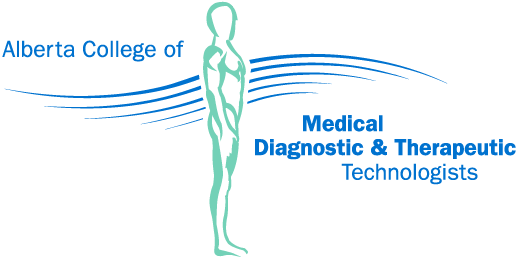Amendments to the Health Professions Act (HPA) introduced by Bill 46 require that the College only carry out professional regulatory duties in the public interest and prohibit the College from carrying out association and member services functions. As the College continues to take steps to comply with the changes introduced by Bill 46, we will share regular updates about our progress on this page.
Current focus: Updating regulatory documents
July 6, 2022: Branches
The College’s branches were originally established to provide members opportunities for education, networking and discussion. Amendments to the Health Professions Act (HPA) introduced by Bill 46 require that the College only carry out professional regulatory duties in the public interest, which has a direct impact on branches. The object of branches as stated in the bylaws was to “provide members with a forum for discussion, professional development and networking.”
In June 2021, Council carefully reviewed the legislation and received legal advice and determined that because branches operate solely to provide member-centric professional development opportunities, they must be dissolved by the time the HPA amendments come into force. Based on timelines provided by the Alberta government and input from the branch executives, Council decided to allow branches to continue to operate for more than a year to give them time to plan more events for their members if they chose to do so. The College’s bylaws were updated to reflect that branches would be dissolved as of July 1, 2022.
The branches have now been dissolved and any funds remaining in their accounts will be returned to the College. Complete information on the funds received from the branches and decisions regarding these funds made by Council will be published openly and transparently on the College website and in our 2022 annual report.
The College recognizes and appreciates all the hard work the branch chairs and their executives have put in over the years. Thank you for demonstrating a commitment to advancing your profession by facilitating opportunities for you and your peers to learn and share knowledge.
